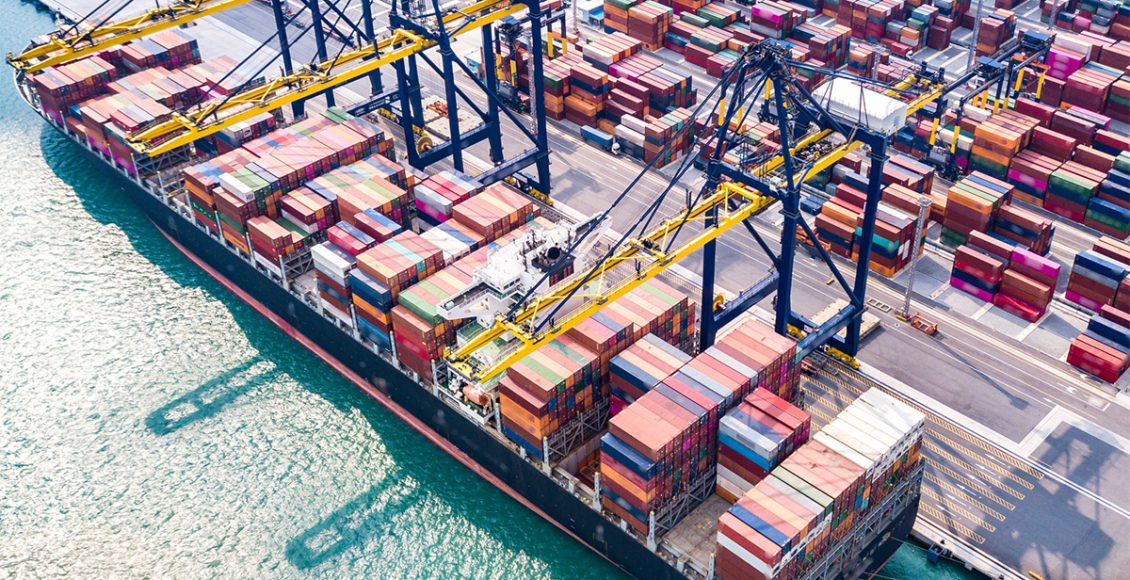
Russia- Ukraine Crisis: An opportunity for India to increase Agriculture exports and bring self sufficiency in edible oils
The war crisis between Russia and Ukraine has adversely affected global trade, posing a huge challenge to global frontline industries to sustain their operations. The war has plunged the supply chain of global food commodities as both the countries hold major trade positions globally. Ukraine alone accounts for 47% of sunflower oil exports, while wheat, barley, rapeseed, and maize export share is between 10-20% of global exports respectively. On the other hand, Russia is responsible for global exports of 25% sunflower, 18% wheat, and 14% barley. The supply gap in of these commodities due to the war has resulted in an alarming surge in commodity prices. The price of barley and cotton are up by 65-75%, while wheat and soybean price have surged by 15-30% globally as compared to the pre-war prices, impacting the food security of the population in several countries[1].
Similar to the rest of the globe, the Indian edible sunflower oil industry too has taken a significant hit. Around 60% of the domestic demand is met by the import and together, Ukraine and Russia account for 90% share in sunflower oil imports for the country. One of the major reasons for such high dependency on imports is the exceptionally lower yield of sunflower i.e., 670kg/ha as against 1,660kg/ha yield at the global level. This gap implies a 60% scope of yield improvement exists in the market[2]. Apart from the yield gap, the lack of edible oil processing is another big challenge that needs an immediate response from the industry. There has also been a parallel impact on economics of farming due to war linked distortions in the supply chain of fertilizers. Russia is the second-largest potash producer, a major ingredient for DAP (Di-ammonium phosphate) production. The numerous sanctions on Russia & geopolitical export constraints, has further led the decline in fertilizer availability and increase in fertilizer prices. The surge in crude oil prices have led to increase in the pre and post farm expenses due to dependence on operating tractors, water pumps, other farm equipment, and post-harvest logistics. Apart from import challenges, India’s agri exports especially of tea and coffee has also witnessed a significant setback. The exporters further rample up with payment issue with Russia due to sanctions and close down of SWIFT messaging system & lack of Rupee- Rubble payment mechanism.
With numerous challenges the globe is facing as result of war consequences, the value chain stakeholders foresee a silver lining for the Indian agriculture industry to expand its presence globally. The government aims to become atmanirbhar and launched the National Mission on Edible Oils – Oil Palm (NMEO-OP) as one solution to reduce the dependence of India on sunflower oil imports. Another opportunity for India is to enhance its trade position in neighboring countries like Bangladesh, Indonesia, especially the export of wheat, which already holds a major share in the respective market. The Indian wheat exporters can also target other countries such as Turkey, Egypt, and the Middle East countries, where Russia- Ukraine has been leading exporters for a long time. However it is also equally essential to ensure domestic commodity supply is secured. Recently Indian government had banned the wheat export to ensure the domestic food security. Post ban, India fulfilled the demand from Egypt by shipping 61,500 tonne wheat and received diplomatic request from 12 more nations. The Indian government reiterated the support of India to countries that are facing a dire food crisis and fulfill the country’s global commitments in maintaining food security.
Furthermore, there is enormous potential in Corn and Millet exports from India to meet the demand gap generated due to the war crisis. India can be a major supplier of millet for countries like Germany, France, Denmark, and Italy, whose demand used to be previously met by Ukraine. Similarly, demand for Indian corn has also spiked as EU countries look for alternatives to Ukraine, which is a leading producer and exporter of corn. The Indian exporters can further strategically look forward to collaboration with food processing units and export value-added corn and millet products that carry a premium pricing edge in the above-stated countries.
Overall, the crisis have led the world view India’s critical role in ensuring the global food security and its potential in becoming an important trade partner for the globe in coming years. To leverage this opportunity, the value chain stakeholders should focus on strengthening the agricultural production, expanding processing capacity and meeting the international food safety and quality standards in order to cater both domestic and globe demand efficiently.
[1] How Russia-Ukraine War Is Set To Positively Impact India’s Rural Economy (Source: Outlook)
[2] Sunflower yield data (Source: FOASTAT)
Author

Connect with Author at: E-mail agribusiness@sathguru.com
 Grow Beyond
Grow Beyond 

